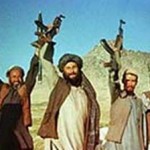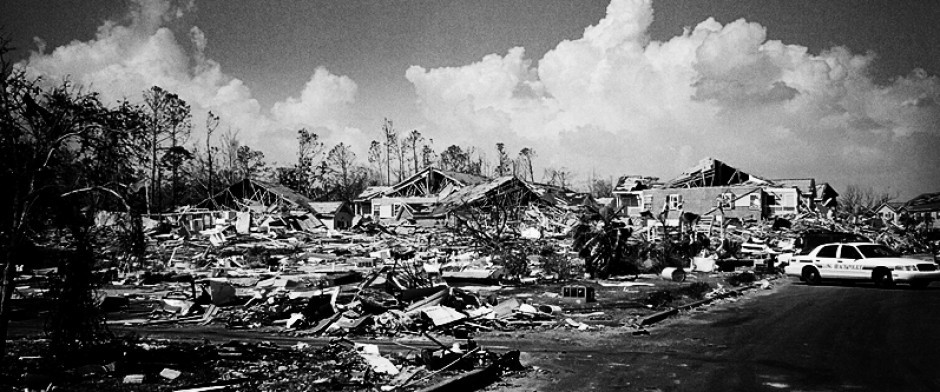
With little fanfare, media hype, or public outcry the inevitable conclusion that the War in Afghanistan is a failure has begun to take root in the public as well as political psyche. Slowly but surely the media has quietly, but definitely begun to write the closing chapters on one of the greatest American foreign policy disasters since Vietnam. Perhaps this quiet acquiescence is the result of media bias and its gross protectionist agenda for President Obama or perhaps this is simply the last whimpers of a nation overcome and war weary.
On March 19th, Afghanistan’s presidential spokesman Aimal Faizi adequately described the state of the NATO-led military operation in the country as “aimless and unwise.” He specifically said, “The people of Afghanistan ask NATO to define the purpose and aim of the so-called war on terror… (They) consider this war as aimless and unwise to continue.” Both the American war fighters and the Afghans have known this fact for years. It now appears that only our senior policy makers are left believing their own propaganda as they tenaciously try to divert criticism from their own failed strategies and policies just long enough to retire or blame someone else. It is worth noting that pundits will still correlate the daily “defeat” of the Taliban on the battlefield with victory in Afghanistan. These grossly false conclusions should serve to fully discredit whoever was dumb enough to make the statement. Just as in Vietnam for the U.S. and in Afghanistan for the Soviets, simple defeat of the insurgent on the battlefield is not enough to win the war. Over the years we have written profusely about this reality to include directly indicting the failure of then General Petraeus’ counterinsurgency strategy. Specifically, we identified the failure of the strategy to remove sanctuary and or secure the border, which even a basic knowledge of insurgent warfare shows is the absolute key essential to winning a cross-border, state supported insurgency such as we are fighting in Afghanistan.
Only in hindsight will the true magnitude of the United States’ defeat in Afghanistan be realized. What can be assured is that by the oldest historical metric of victory in warfare, the force that holds the ground at the end of the day has won, the U.S. has lost. There is no doubt that the Taliban is in firm control of not just some, but more of Afghanistan than before the U.S. invasion. In fact, the Taliban have even extended control throughout regions that the “Northern Alliance” formerly controlled and the pseudo-experts like David Kilcullen deemed “immune.” This includes expanding across the border into Uzbekistan and Tajikistan. Further, Pakistan has continued to allow sanctuary and provide covert support to the Taliban unabated by drone strikes and bolstered by U.S. foreign aid, which all but assures the imminent overthrow of Karzai’s puppet regime in Kabul.
As NATO shutters its operations and begins its long overdue pullout the costs are immense and are only now beginning to be counted. Thousands of dead and wounded, incalculable numbers of broken families, trillions of dollars in un-repayable debt, economic devastation, obliteration of national prestige, and the massive growth and spread of radical Islamism are just the highlights. Our performance in Afghanistan has been so dismal, one could make a legitimate argument that if the U.S. had done absolutely nothing after 9/11 as compared to over a decade of warfare, the U.S. would be in a better strategic position today. The trillions of dollars dedicated to our high tech military supremacy simply was not enough to overcome even the lowest level of military threats and is due almost exclusively to the intellectual dereliction of our policy makers and poor leadership.
If this has taught us nothing else, it should serve as a stark warning against future intervention in places like Mali, Somalia, Libya, and Syria and most certainly, a full blown war with Iran or North Korea. Further, it serves as a reminder of how futile spending money on equipment and weapons is if there isn’t the leadership capable of designing and implementing effective strategic policy. If the U.S. fails to heed these warnings, the U.S. will find itself embroiled in another strategic disaster before the end of 2013. Eerily similar to the lead-up to the Soviet defeat and withdrawal from Afghanistan, the U.S. finds itself bankrupt and dangerously strategically overextended on the eve of its retreat from Afghanistan in 2014. If the U.S. falls victim in its weakened state to another war and policy disaster, it could spell at minimum, the economic collapse of the U.S.
See the below articles for further references to the U.S. failure in Afghanistan:
http://www.foreignpolicy.com/articles/2013/03/04/what_went_wrong?page=0,3
http://www.france24.com/en/20130319-afghan-spokesman-labels-nato-war-aimless-unwise
http://www.liveleak.com/view?i=b22_1363444518&comments=1
http://www.usnews.com/opinion/articles/2013/03/08/iraq-afghanistan-and-the-end-of-winning-wars
http://video.foxbusiness.com/v/2219845279001/afghan-president-accuses-us-of-collusion-with-taliban/
By Guiles Hendrik


